24/7 Helpline:
(866) 899-221924/7 Helpline:
(866) 899-2219
Learn more about PTSD Treatment centers in Union County

Other Insurance Options

BlueShield

United Health Care

Ambetter

Sliding scale payment assistance

Molina Healthcare

Covered California

Premera

Health Net

MVP Healthcare

Optima

Providence

UMR

MHNNet Behavioral Health

Group Health Incorporated

Choice Care Network

Evernorth

Kaiser Permanente

Humana

Health Choice

Cigna

Center for Human Development
Center for Human Development is a private rehab located in La Grande, Oregon. Center for Human Devel...

Jonathan M. Wainwright Memorial VA Medical Center – La Grande VA Community Based Outpatient Clinic
Jonathan M. Wainwright Memorial VA Medical Center - La Grande VA Community Based Outpatient Clinic p...

















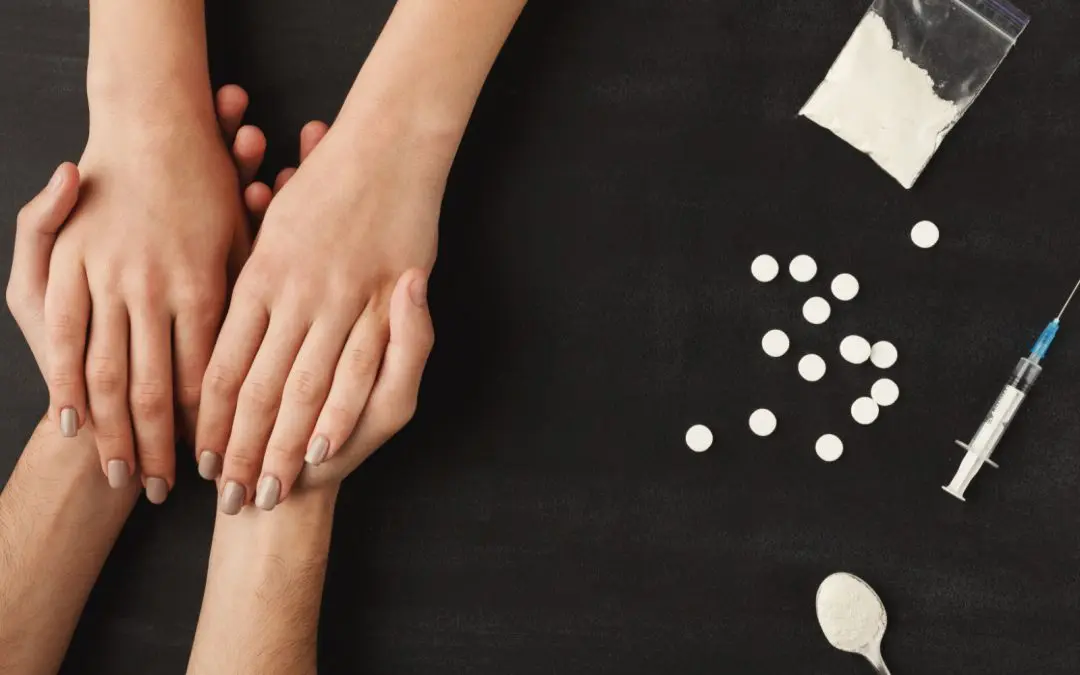


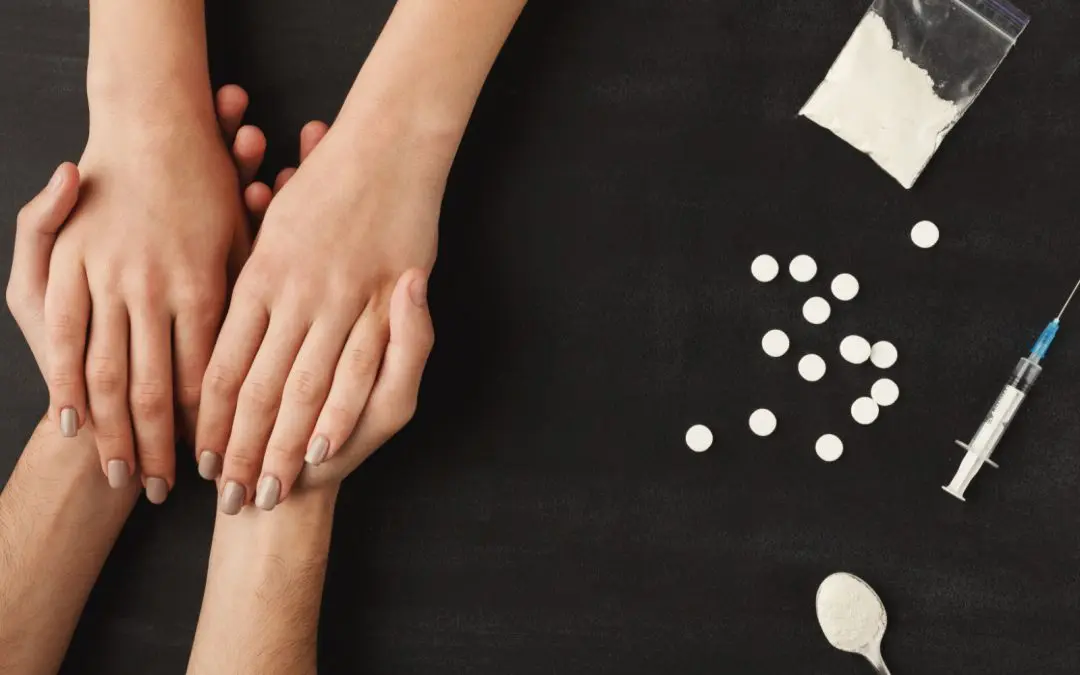











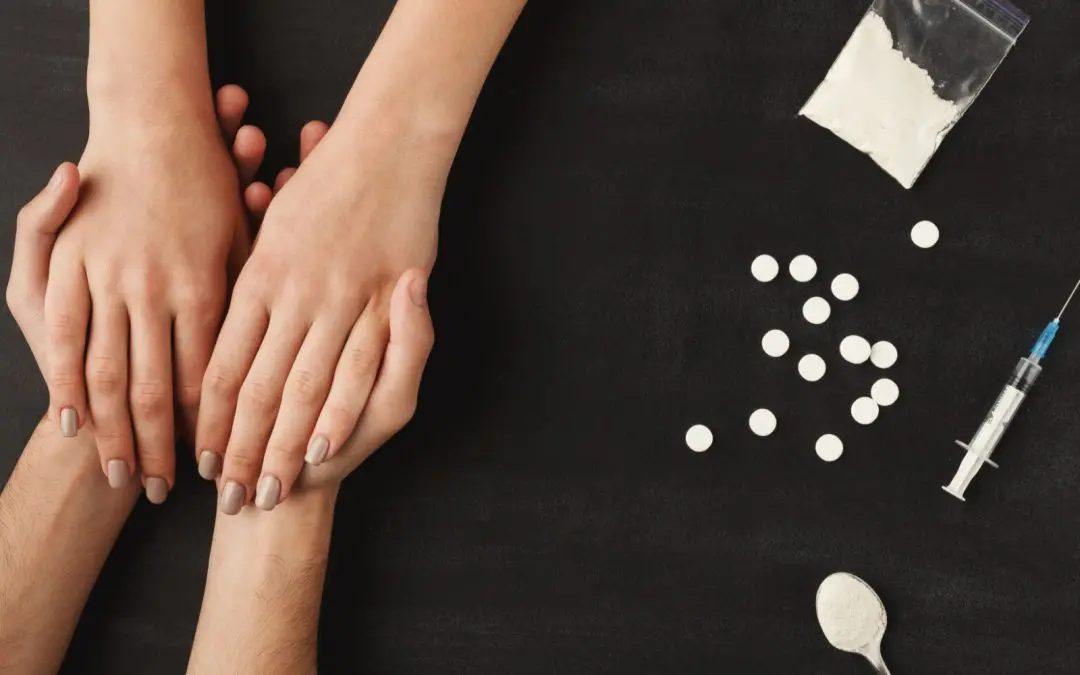










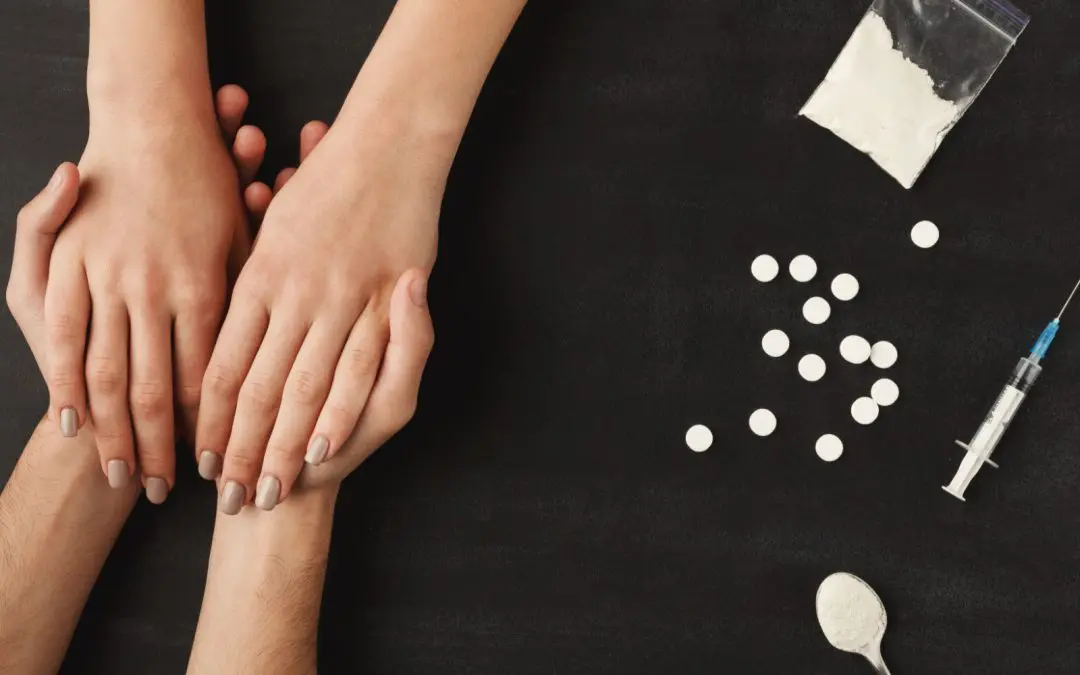













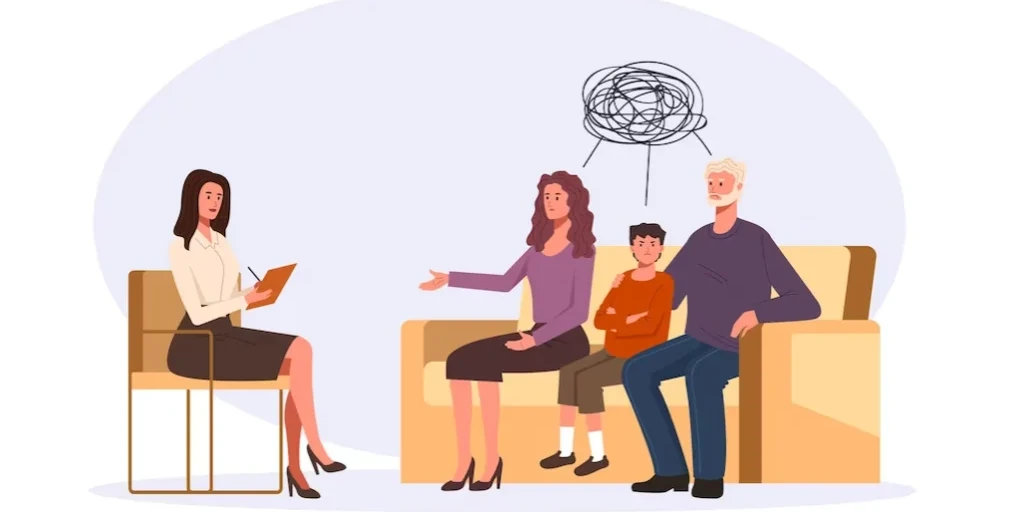






















Heart Steps Counseling Services
Heart Steps Counseling Services is a private rehab located in La Grande, Oregon. Heart Steps Counsel...

Grande Ronde Recovery
Grande Ronde Recovery is a private rehab located in La Grande, Oregon. Grande Ronde Recovery special...


















